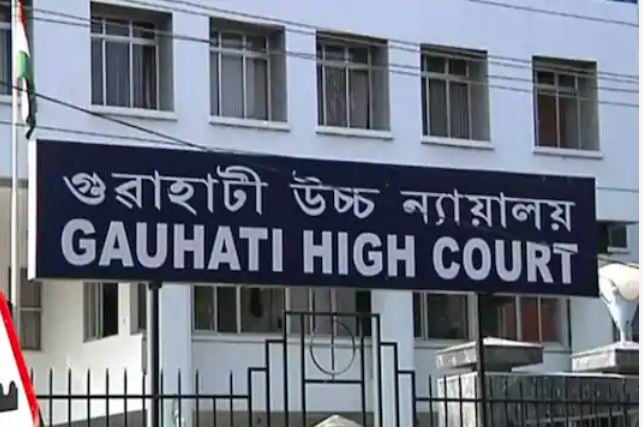The Gauhati High Court has upheld a law passed by the Assam government in 2020, which directs conversion of all state-run madrasas into ‘regular schools’ for general education.
A Division Bench of Chief Justice Sudhanshu Dhulia and Justice Soumitra Saikia on Friday dismissed a petition, stating that secularism was a “basic structure of the Constitution”, and that as per Article 28 (1), this secular nature “mandates that no religious instruction shall be provided in any educational institution wholly maintained out of state funds”.
Recapping the history of madrasas in the state, the court said they had first begun as community schools, following which they were made into “venture” madrasa, receiving government money. In 1995, they were provincialised under 1995 Provincialisation Act, and brought wholly under state funds. Under the 2018 Provincialisation Act, still more madrasas were provincialised.
During the hearing, state Advocate General Devajit Lon Saikia had clarified that the government’s law was applicable to “Provincialised” or government madrasas alone, and not “Community”, “Qawmi” madrasas, or “maktabs”, which continue to function in Assam.
Senior advocate Sanjay Hegde, representing the petitioners, argued that they could “under Article 30(1) to ‘establish’ and ‘administer’ educational institutions of their ‘choice’ which gives them a right, inter alia, to decide their own curriculum, which is based on their perception to preserve their religion or culture.”
Reacting to the development, Assam Chief Minister Himanta Biswa Sarma took to Twitter to call it a ‘landmark judgement’.
In December 2020, when Sarma was Education Minister, the Assam government had passed a law repealing the Assam Madrasa Education (Provincialization) Act and Assam Madrassa Education (Provincialisation of Services of Employees and Re-organisation of Madrassa Educational Institutions) Act, 2018, in a bid to abolish all state-run Madrasas as well as initiate a change in curricula by drop Islamic subjects. Sarma had then said it was done to “reform the education system to make it secular. Following that, 13 petitioners, who were either donors or presidents of managing committees of the land on which the madrasas were built, moved the Gauhati High Court, saying the government’s move violated the fundamental rights under Articles 25, 26, 29 and 30, among other rights.
On the other hand, Saikia argued that “all the state has done is that it had removed religious teachings from government schools”.
The court observed that Clause (1) of Article 28 was extremely important. “It states in clear and unambiguous terms that no religious instructions shall be imparted in any educational institution which is wholly maintained out of state funds. There is another restriction in Clause (3), which is that an educational institution, which is receiving aid out of state funds (it may not be fully funded), religious instructions or religious worship cannot be forced upon the students,” the bench said. It added that the madrasas in question were “fully under control of the government”.
On the matter of the government placing those teaching at Arabic Colleges and Title Madrasas under the Secondary Board of Education, the court said they be considered to be brought to the university level. However, since the teachers had not petitioned the court, the judges said the consideration “shall be subject to a representation being made by such teachers, before the Commissioner and Secretary, Education (Secondary) Department, which shall then be considered in terms of our observations, by passing a speaking order.


